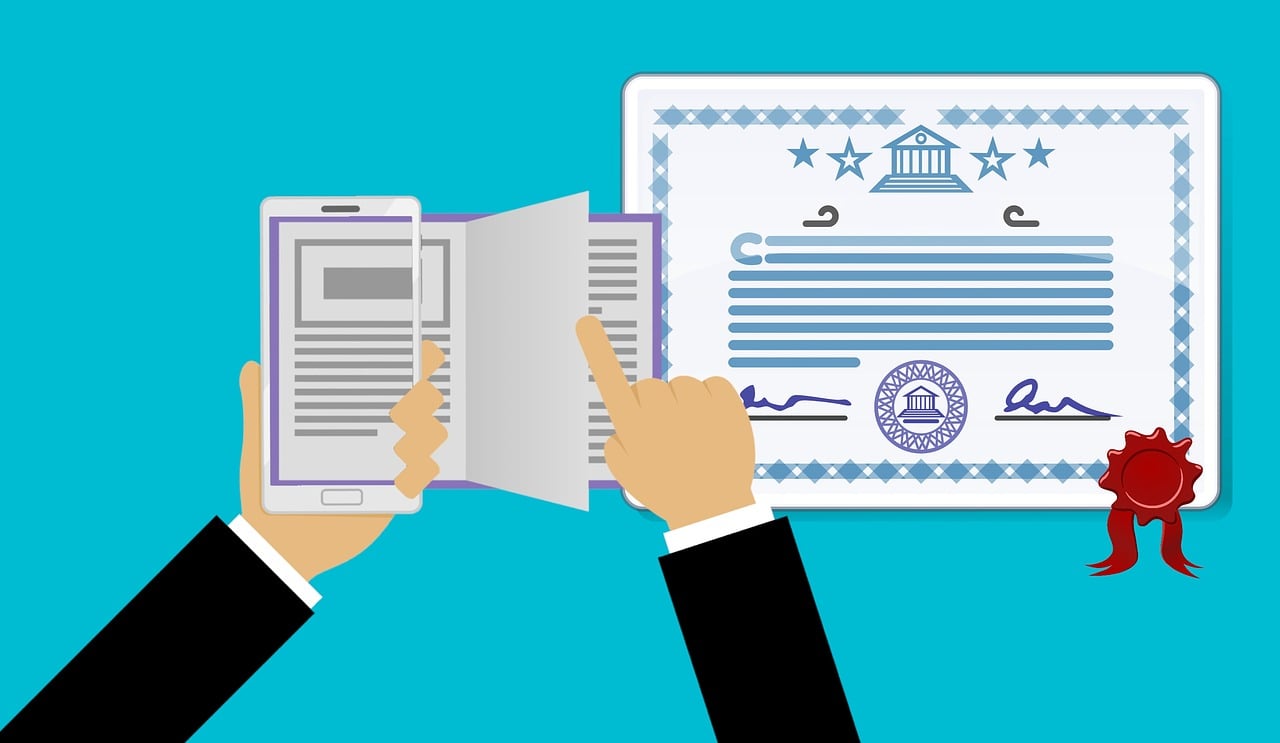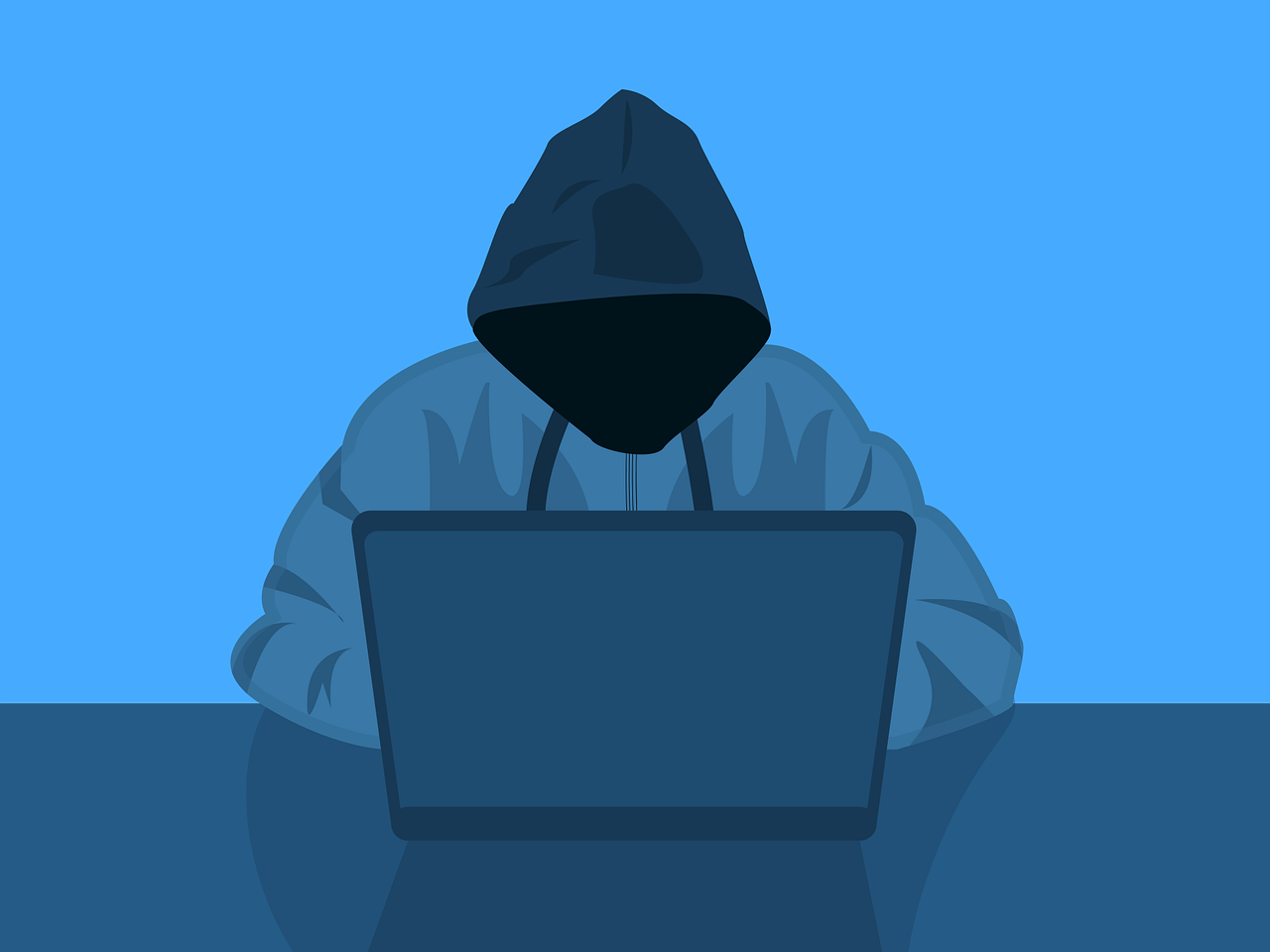Learn how to become a certified ethical hacker and secure a rewarding career in cybersecurity in this post.
Cybersecurity has become a critical concern for organizations worldwide in today’s digital age.
With the rise in cyber threats and data breaches, the demand for skilled professionals to protect systems and networks has never been greater.
Pursuing a career as a certified ethical hacker could be the perfect fit if you have a passion for technology, problem-solving, and a strong ethical compass.
This post will guide you through the steps to become a certified ethical hacker, providing valuable insights, resources, and a roadmap to embark on this exciting and in-demand career path.
Get ready to explore the world of ethical hacking and make a positive impact in the realm of cybersecurity.
Table of Contents
Top Ethical Hacking Certifications
The field of ethical hacking offers a range of certifications that validate the skills and knowledge of professionals in cybersecurity. Here are some of the top ethical hacking certifications recognized worldwide:
1. Certified Ethical Hacker (CEH)
- Offered by the International Council of E-Commerce Consultants (EC-Council).
- Focuses on ethical hacking techniques, tools, methodologies, and countermeasures.
- CEH is widely recognized and respected in the industry.
2. Offensive Security Certified Professional (OSCP)
- Provided by Offensive Security.
- Emphasizes practical hands-on skills through a rigorous 24-hour performance-based exam.
- Focuses on penetration testing, exploit development, and network security.
3. Certified Information Systems Security Professional (CISSP)
- Offered by the International Information System Security Certification Consortium (ISC)².
- Covers a wide range of cybersecurity domains, including ethical hacking.
- Recognized as a globally respected certification for information security professionals.
4. GIAC Penetration Tester (GPEN)
- Provided by the Global Information Assurance Certification (GIAC).
- Validates skills in conducting penetration tests, identifying vulnerabilities, and exploiting weaknesses.
- Focuses on network and application penetration testing.
5. Certified Penetration Testing Engineer (CPTE)
- Offered by the Mile2 certification body.
- Focuses on hands-on penetration testing methodologies, tools, and techniques.
- Provides comprehensive coverage of network, web application, and wireless security.
6. Certified Secure Computer User (CSCU)
- Provided by EC-Council.
- Designed for individuals who want to enhance their understanding of security fundamentals.
- Covers topics such as data protection, network security, and social engineering awareness.
7. Certified Expert Penetration Tester (CEPT)
- Offered by the Certified Security Testing Professional Institute (CSTPI).
- Focuses on advanced penetration testing methodologies, including red teaming and advanced exploitation techniques.
- Demonstrates expertise in complex penetration testing scenarios.
8. Certified Professional Ethical Hacker (CPEH)
- Provided by the Mile2 certification body.
- Focuses on ethical hacking techniques, vulnerability analysis, and risk assessment.
- Covers topics such as network security, wireless security, and social engineering.
These certifications are highly regarded in the industry and can significantly enhance your career prospects as an ethical hacker or cybersecurity professional.
It’s important to carefully research and choose the certification that aligns with your career goals, expertise, and industry recognition.
READ ALSO: Best Protection Tools Against Hackers
How To Become A Certified Ethical Hacker
Here are the steps to become a certified ethical hacker:
1. Understand the Role of a Certified Ethical Hacker
To begin your journey, it is essential to clearly understand what it means to be a certified ethical hacker. Ethical hackers are professionals authorized to employ their hacking skills and knowledge for legitimate purposes.
Their primary objective is identifying vulnerabilities, weaknesses, and potential threats in computer systems, networks, and applications.
Unlike malicious hackers, ethical hackers work with organizations to strengthen their security measures and protect them from cyber-attacks.
READ ALSO: How To Be The Number One Hacker In The World
2. Develop the Required Skills and Knowledge
Becoming a certified ethical hacker requires a solid foundation in various technical areas. Start by deeply understanding networking concepts, operating systems, and programming languages.
Familiarize yourself with different hacking techniques, security protocols, and encryption methods.
Proficiency in tools and technologies used in ethical hacking, such as network scanners, vulnerability assessment tools, and penetration testing frameworks, is also crucial.
3. Choose the Right Certification Path
Several certifications can validate your skills as an ethical hacker. One of the industry’s most recognized and respected certifications is the Certified Ethical Hacker (CEH) certification offered by the EC-Council.
It is globally recognized and sets the standard for ethical hacking certifications. Research different certification options, their requirements, and the skills they validate.
Choose the one that aligns with your career goals and provides the most comprehensive coverage of ethical hacking concepts.
4. Gain Practical Experience
While theoretical knowledge is essential, practical experience is equally vital in ethical hacking. A virtual lab environment can allow you to experiment, practice, and apply your knowledge in a controlled setting.
Engage in Capture the Flag (CTF) competitions, where you solve real-world cybersecurity challenges and learn from other participants.
Practical experience will help you develop critical thinking, problem-solving, and hands-on skills necessary for ethical hacking.
5. Enroll in Training Programs
To enhance your knowledge and increase your chances of success, consider enrolling in training programs or boot camps designed to prepare individuals for ethical hacking certifications.
These programs provide comprehensive study materials, hands-on labs, and expert guidance to help you master the necessary skills and concepts.
They also offer an opportunity to network with professionals in the field and gain valuable insights from experienced ethical hackers.
6. Self-Study and Resources
In addition to formal training, self-study is crucial for a well-rounded understanding of ethical hacking.
Utilize a wide range of resources, including textbooks, online courses, tutorials, and reputable websites dedicated to cybersecurity.
Join online communities, forums, and social media groups where you can interact with other aspiring ethical hackers, exchange knowledge, and seek guidance from experts in the field.
7. Prepare for the Certification Exam
Once you feel confident in your knowledge and skills, it’s time to prepare for the certification exam. Familiarize yourself with the exam structure, duration, and question formats.
Obtain study materials, practice exams, and review guides tailored explicitly for the certification you are pursuing.
Create a study plan that fits your schedule, allowing sufficient revision and practice time and addressing any knowledge gaps.
8. Stay Updated with Industry Trends
Ethical hacking is ever-evolving, with new techniques and threats emerging regularly. Staying updated with the latest industry trends, emerging technologies, and cybersecurity news is crucial.
Follow industry-leading blogs, subscribe to cybersecurity newsletters, and attend webinars or conferences.
Continuous learning and staying abreast of industry advancements will help you adapt to new challenges and maintain your edge as an ethical hacker.
9. Take the Certification Exam
With your preparation complete, it’s time to schedule and take the certification exam. Arrive at the exam center well-prepared, rested, and confident in your abilities.
Manage your time effectively during the exam, carefully reading each question and providing well-thought-out answers. Remember to stay calm and focused throughout the examination process.
10. Maintain and Expand Your Expertise
Once you have earned your certification, the learning journey does not end. To stay relevant and maintain your ethical hacking skills, engage in continuous professional development.
Earn Continuing Professional Education (CPE) credits by attending conferences, workshops, and training sessions.
Join professional associations, participate in webinars, and contribute to the ethical hacking community through knowledge sharing.
READ ALSO: How to Take Your First Step into Cybersecurity
Benefits Of Becoming A Certified Ethical Hacker
Here are the benefits of becoming a certified ethical hacker:
- Industry recognition and respect within the cybersecurity field.
- Increased career opportunities in various cybersecurity roles.
- Acquisition of practical, hands-on technical skills.
- In-depth knowledge of ethical hacking methodologies, tools, and techniques.
- Understanding of the hacker mindset and proactive approach to cybersecurity.
- Enhanced security awareness and compliance with ethical standards.
- Ability to identify and mitigate security risks, minimizing the likelihood of successful cyber attacks.
- Cost savings for organizations by preventing data breaches and security incidents.
- Opportunities for professional development and networking within the cybersecurity community.
- Personal integrity and ethical responsibility in the use of hacking skills.
These benefits make becoming a certified ethical hacker a valuable investment in your career and contribute to the overall security of organizations and digital systems.
Conclusion
Becoming a certified ethical hacker requires technical expertise, practical experience, and a strong commitment to ethical practices.
By following the steps outlined in this comprehensive guide, you can pave your way toward a rewarding career in ethical hacking.
Remember, ethical hacking is not just about technical prowess; it also demands a strong sense of responsibility, integrity, and ethical conduct. Embrace this exciting journey and contribute to the ever-growing field of cybersecurity by becoming a certified ethical hacker.
INTERESTING POSTS
About the Author:
Abraham Faisal is a professional content writer. He has a strong passion for online privacy, cybersecurity and blockchain and is an advocate for online privacy. He has been writing about these topics since 2018 and is a regular contributor to a number of publications. He has a degree in Computer Science and has in-depth knowledge of the ever-evolving world of digital security. In his free time, he likes to travel and explore new cultures.












